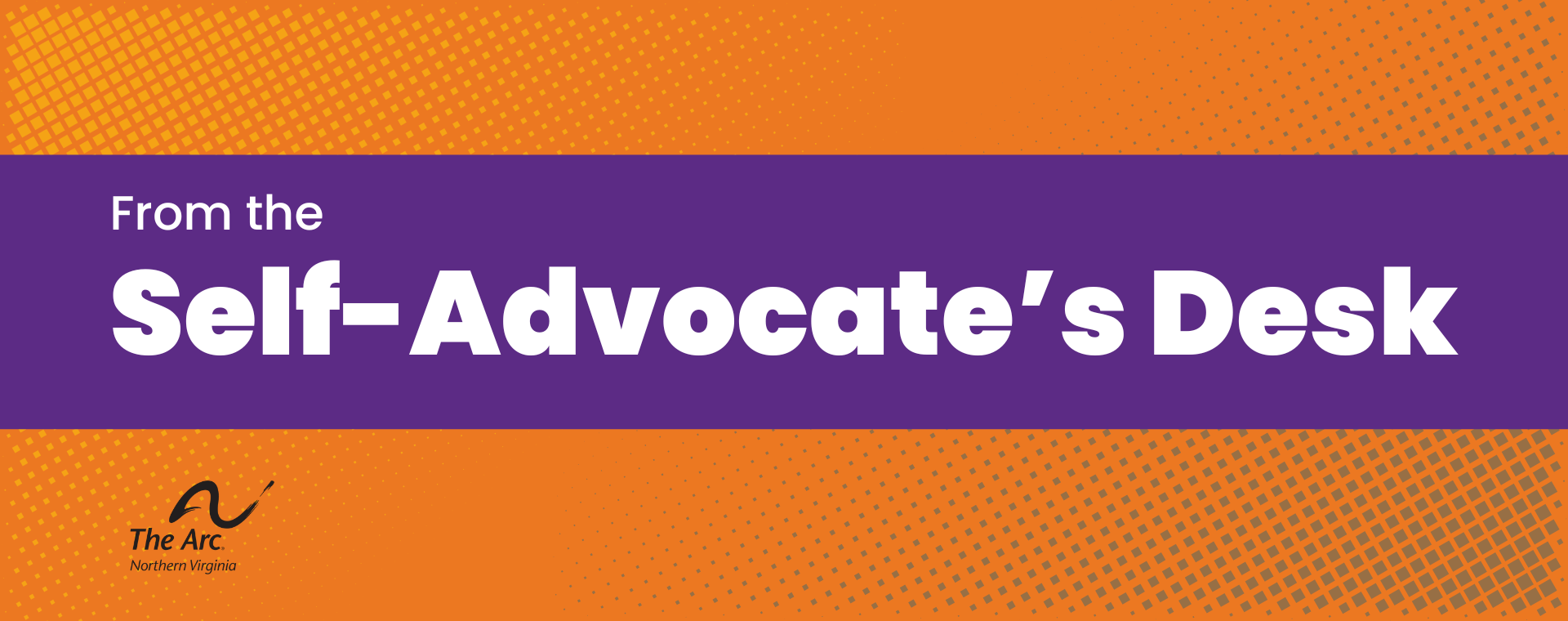Personal Experience and Upbringing
1. Did your family rely on SNAP (food stamps) at any point during your upbringing?
Yes, we relied on SNAP benefits for approximately three years during my upbringing.
2. How did access to food stamps shape your family’s ability to meet basic needs?
We only utilized SNAP during particularly difficult periods when financial circumstances demanded it. For my mother, who was raising three children, including two with disabilities who were also selective eaters; it offered some relief but not without challenges. Food assistance eased one burden but simultaneously reminded her of how much more she had to shoulder to ensure that each of us was cared for. It was never a handout, but rather a vital supplement that allowed her to stretch limited resources while maintaining her dignity and responsibility as a parent.
3. What emotions or memories come up when you think back to that time — pride, shame, relief, gratitude, or resilience?
The two emotions that surface most strongly are gratitude and resilience. My mother only recently shared how difficult those years truly were for her—balancing the demands of raising three children, managing her own well-being, and navigating financial limitations. Her perseverance, even when resources were scarce, taught me the quiet strength found in endurance and appreciation.
4. Were there moments when SNAP benefits made a direct difference (for example, ensuring you had meals during hard months)?
There were many instances when those benefits carried us through difficult stretches. Even when times were tough, my family managed to rise above and make the best of our situation. SNAP was often the difference between scarcity and stability, allowing us to meet essential needs without sacrificing other critical expenses.
5. Did you ever feel a social stigma or misunderstanding from others about your family’s use of SNAP?
Not directly, as most people outside our family were unaware. However, I recall a moment in fourth grade when a paraprofessional questioned my food choices at lunch; commenting on why I was selective about what I ate. I explained that I was a picky eater and that certain foods were difficult for me to digest due to medical reasons. That moment underscored how easily people make assumptions without understanding the full context of another person’s experience.
6. How did your caregivers explain or talk about the importance of food assistance to you?
Both of my parents were transparent about the role that food assistance played in our lives. They emphasized that while our household income covered most of our needs, groceries were a recurring challenge. Even with diligent budgeting and couponing, food was the one area where gaps persisted. SNAP benefits were used responsibly to fill those gaps, ensuring that no one went without a meal.
7. Were there particular foods or grocery trips that stand out as symbolic of that period in your life?
I distinctly remember one trip where my mother had an extraordinarily long receipt from CVS due to all the coupons she had meticulously gathered. We filled an entire shopping cart and still managed to stay within our budget. The joy on her face that day was unforgettable, it wasn’t just about saving money; it was about reclaiming a sense of control and victory during uncertain times.
Understanding the Role of SNAP
1. In what ways do you think SNAP benefits helped stabilize your family — beyond just food security (e.g., reducing stress, improving health, supporting focus in school)?
SNAP benefits provided more than food stability; they brought emotional and mental relief. My mother no longer had to shoulder the stress of wondering how to afford groceries each week. Our meals became more balanced, our health improved, and my siblings and I were better able to concentrate in school knowing that food would be on the table. The real question was never if there was food in the house, but whether we were eating enough of the right kinds of food—and SNAP helped close that gap.
2. What did you learn about poverty, equity, or the role of government assistance from those experiences?
Those years taught me that poverty is not a moral failing, it is often a reflection of systemic barriers and circumstance. People are quick to make judgments without understanding how much effort families invest in simply surviving. I learned that even those closest to you may not always empathize or wish you well. Government assistance programs like SNAP are not about dependence; they are about giving families a fighting chance to regain stability and dignity.
3. How did access (or lack thereof) to nutritious food affect your development, energy, or outlook growing up?
Access to consistent meals shaped my perspective far more than I realized at the time. Looking back, I recognize how those experiences deepened my empathy. They taught me never to judge someone based on appearance or circumstance because food insecurity is often hidden. That awareness has become central to how I engage with others; through compassion rather than assumption.
4. If you had friends or classmates who also depended on food assistance, how did that shape your sense of community or belonging?
While I didn’t personally know others facing the same challenges, school events such as food drives reminded me of the importance of collective compassion. Those community efforts demonstrated that even small acts of generosity could make a significant difference. They reinforced the idea that empathy and solidarity sustain us during difficult times.
On the Current SNAP Cuts
1. When you hear about proposed or enacted cuts to SNAP today, what emotions do they evoke for you personally?
Hearing about SNAP cuts stirs a mix of anger, frustration, and disbelief. It’s deeply personal because I know firsthand how crucial those benefits are. Critics often reduce assistance to a “handout,” but for many families, including mine, it was a temporary bridge that prevented deeper hardship. What troubles me most is the lack of empathy in public discourse. Words and policies that dismiss human needs can corrode a person’s sense of self-worth.’
2. How do you think such cuts might affect children or families like the one you grew up in?
Cuts to SNAP will undoubtedly make it harder for families to access adequate nutrition. For some, it won’t just mean fewer groceries; it could mean choosing between food and other essentials like rent or medication. Healthy food is often more expensive, and in a consumer-driven society, convenience tends to outweigh nutrition. When resources shrink, families are forced into difficult trade-offs that compound over time.
3. What misconceptions do you think the public or policymakers often have about people who rely on SNAP?
The most pervasive misconception is that people who rely on SNAP are lazy or unwilling to work. In truth, many recipients are working-class individuals limited by structural barriers; such as income thresholds that penalize modest increases in earnings. The assumption that assistance equates to dependency is both inaccurate and dehumanizing.
4. Do you believe food is a right or a privilege — and how has your life experience informed that belief?
I firmly believe that access to food is a fundamental human right. My experiences showed me how society often treats poverty as a personal failure rather than a systemic issue. Witnessing how others judged those using benefits opened my eyes to the moral divide surrounding basic needs. Everyone deserves the dignity of nourishment, regardless of social class or circumstance.
5. What message would you want to send to legislators or the public about the human impact of reducing food assistance?
My message would be simple but urgent: food insecurity is not a partisan issue, it is a human one. Many communities, especially rural areas, already experience limited access to fresh and affordable food. I once lived near what could be considered a food desert, and while some might argue that suburban ZIP codes negate hardship, geography does not determine accessibility. Reducing food assistance deepens inequality and limits opportunity. These policies affect real families, not statistics.
Reflection and Broader Themes
1. How did those experiences with SNAP influence your current values or sense of empathy?
Those experiences shaped my worldview profoundly. They strengthened my empathy and reaffirmed my commitment to advocating for those without a voice. Even today, I continue to fight for those who are marginalized or silenced by systemic inequities. My belief in humanity has been tested but never diminished; I remain steadfast because I understand that our collective fight for dignity and justice is ongoing.
2. Do you see a connection between food insecurity and other systemic challenges — such as disability, employment, or access to education?
Absolutely. Food insecurity intersects deeply with disability, employment, housing, and education. A lack of access to nutritious food can worsen health conditions, limit energy for work or school, and perpetuate cycles of poverty. These issues are intertwined, and addressing one requires acknowledging the others. Unless you have lived through it, the depth of that intersection can be difficult to fully grasp.
3. How might your own story help reduce stigma and promote understanding of the importance of social safety nets?
By sharing my story, I aim to challenge the stereotypes that often surround government assistance. This is not about perpetuating a political agenda but about humanizing the narrative. My experiences demonstrate that food assistance is not about dependency; it’s about resilience, survival, and the pursuit of stability in a system that can often feel unforgiving.
4. If you could rewrite the narrative around government assistance programs, what would you want people to understand most?
If I could rewrite that narrative, I would emphasize that self-worth is not determined by ZIP code, income, or circumstance. The ways we help ourselves ripple outward, affecting our families and communities in profound ways. Every action, no matter how small, has the power to either uplift or harm. In a time when empathy is often overshadowed by judgment, we must remain vigilant, observant, and aware that everyone’s story is different, yet all are deserving of dignity.
Ian Allan
Self-Advocate for The Arc of Northern Virginia
Ian Allan is a self-advocate with a deep commitment to policy literacy, systems change, and disability justice. Through The Arc of Northern Virginia, he works to ensure that people with intellectual and developmental disabilities are not merely served by systems, but are actively shaping them.

